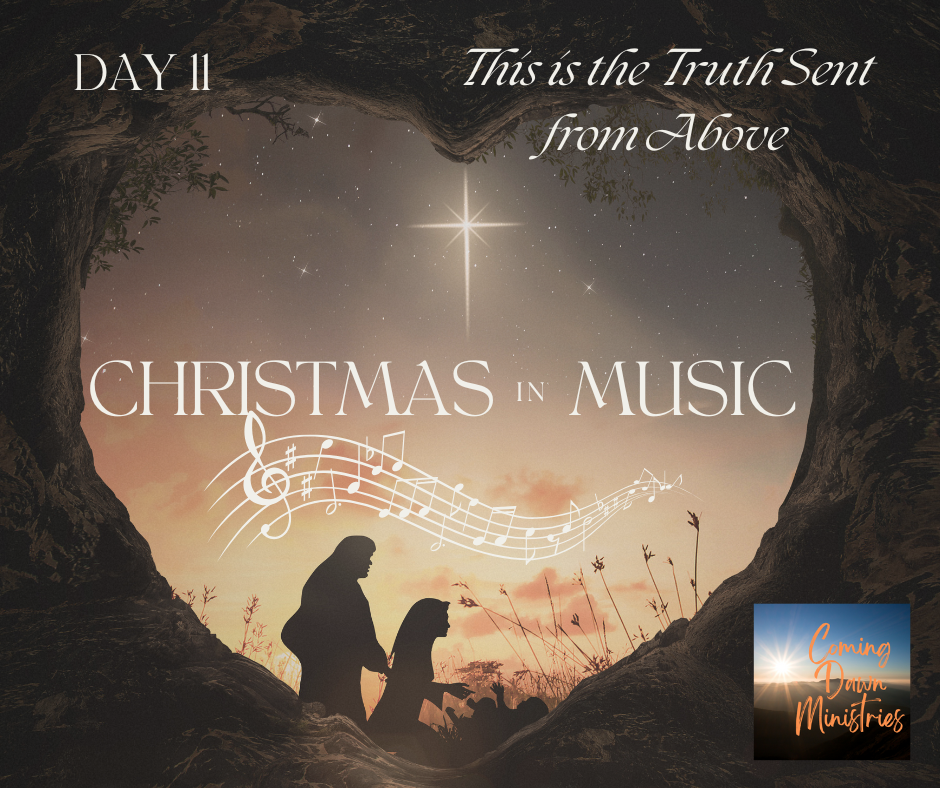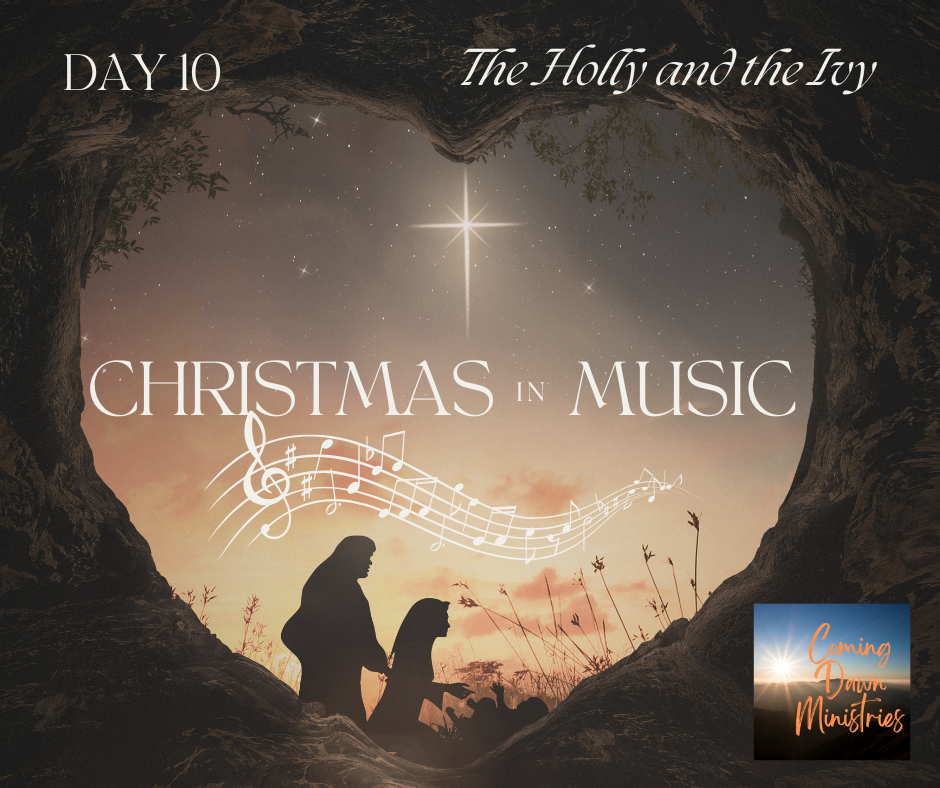Broken Chains: A Return from Captivity Psalm 126
- Renée Coventry
- Nov 5, 2021
- 4 min read
We discovered yesterday the benefits of living in Zion – the city of our God. Ascending to the manifest presence of God recognizes who we are in Him, but what happens when the overcoming life of the believer seems to derail? What then? Is our ascent into the presence of the Lord stopped? Is there a way to continue our upward movement? What do the Songs of Ascent reveal to us about these times of severe struggle when we feel we've been taken captive?
Psalm 126
When the LORD brought back the captive ones of Zion, we were like those who dream.
Then our mouth was filled with laughter and our tongue with joyful shouting; then they said among the nations, 'The LORD has done great things for them.' The LORD has done great things for us; we are glad. Restore our captivity, O LORD, as the streams in the South. Those who sow in tears shall reap with joyful shouting. He who goes to and fro weeping, carrying his bag of seed, shall indeed come again with a shout of joy, bringing his sheaves with him.

We have all experienced times when we feel entrapped by life's circumstances or the enemy's plots. There's nothing the enemy likes more than to see the children of God brought into bondage because of bitterness in their lives, enslaving us to temporal situations rather than walking free in eternal truth. But can we bypass these chains? I believe we can, and Psalm 126 shows us how. The answer: prophetic worship!
In Scripture, who were those who dreamed while in captivity? Joseph, Daniel, and Ezekiel, to name a few. Yet, all chose to look up during their exile, as we are admonished in Psalm 121 and 123. All decided to continue to worship despite the harsh realities of exile, and while they were seemingly banished from family and homeland, God was speaking over and through their lives to those around them.
One of the keys to overcoming the distresses we find ourselves in is to choose joyfulness according to the patterns already discovered in Psalm 123 through 125. We lift our eyes and remember God's faithfulness; we worship knowing that the scepter of wickedness has no rule in our lives and the Lord has already set the boundaries. Joyfulness is a choice, not an emotion. We choose it whether or not we feel it. Regarding the captives of Zion, Isaiah admonished the people with the following,
"How lovely on the mountains are the feet of him who brings good news, who announces peace and brings good news of happiness, who announces salvation, and says to Zion, 'Your God reigns!' Listen! Your watchmen lift up their voices, they shout joyfully together; for they will see with their own eyes when the LORD restores Zion. Break forth, shout joyfully together, you waste places of Jerusalem; for the LORD has comforted His people, He has redeemed Jerusalem. The LORD has bared His holy arm in the sight of all the nations, that all the ends of the earth may see the salvation of our God." (Isaiah 52:7-10)
Twice in these four verses, we are told to break forth and shout joyfully. Why? Because our God reigns! In ancient times, war was also considered a battle between the gods of the land. So when the children of Israel walked out of Egypt, it was Yahweh's victory. In the story of Jonah, God made it clear that His grace and redemption were not limited to the boundaries of Israel. David declared, "Where can I go to flee from Your presence?" (Ps. 139:7). Why do we break forth in joy when every bone in our body wants to scream at the assault of the enemy? Because the God of limitless power is present with us, even when we don't feel like He is, and because of this, we sing His praises!
When we choose to rejoice in difficult circumstances, it acts as a testimony to the world. They can't help but admire that we worship when everyone else insists we stay silent because the pandemic is too big for God to handle. Let me testify today: is there anything too hard for the LORD? I witness that the LORD has done, is doing, and will continue to do great things for His people. I choose, as the psalmist did in Psalm 118:21-24, to declare, "I shall give thanks to You, for You have answered me, and You have become my salvation. The stone which the builders rejected has become the chief cornerstone. This is the LORD's doing; it is marvelous in our eyes. This is the day which the LORD has made; let us rejoice and be glad in it." This Psalm is a prophetic act of declaring that our captivity is but a short duration and will turn as the water of the Word saturates the parched and desert places of our lives.
Notice, though, that there is a place for tears. When we willingly choose to continue to plant the Word of God in our lives, despite our cries of desperation, something changes. Our hearts fill with hope, and the tears we cry water His Word and bear a harvest. Isn't that wonderful? When accompanied by the Word of God, our weeping and pain bear the fruit of joy and more. Psalm 56:8-11 states,
"You have taken account of my wanderings; put my tears in Your bottle. Are they not in Your book? Then my enemies will turn back in the day when I call; this I know, that God is for me. In God, whose word I praise, in the LORD, whose word I praise, in God I have put my trust, I shall not be afraid. What can man do to me?"
Dear friend, there is a place for your tears. God collects them, holding them dear. But know this, as you praise amid trial, seeds that you have sown are growing, reaping a harvest for the Kingdom of God. The world is watching it happen. Be glad. You have not faltered in your ascent but leaped forward towards the presence of Your loving, trustworthy God, who is even now gently holding you.



Amen ! We shall come rejoicing bringing in the sheaves ! Thank you !